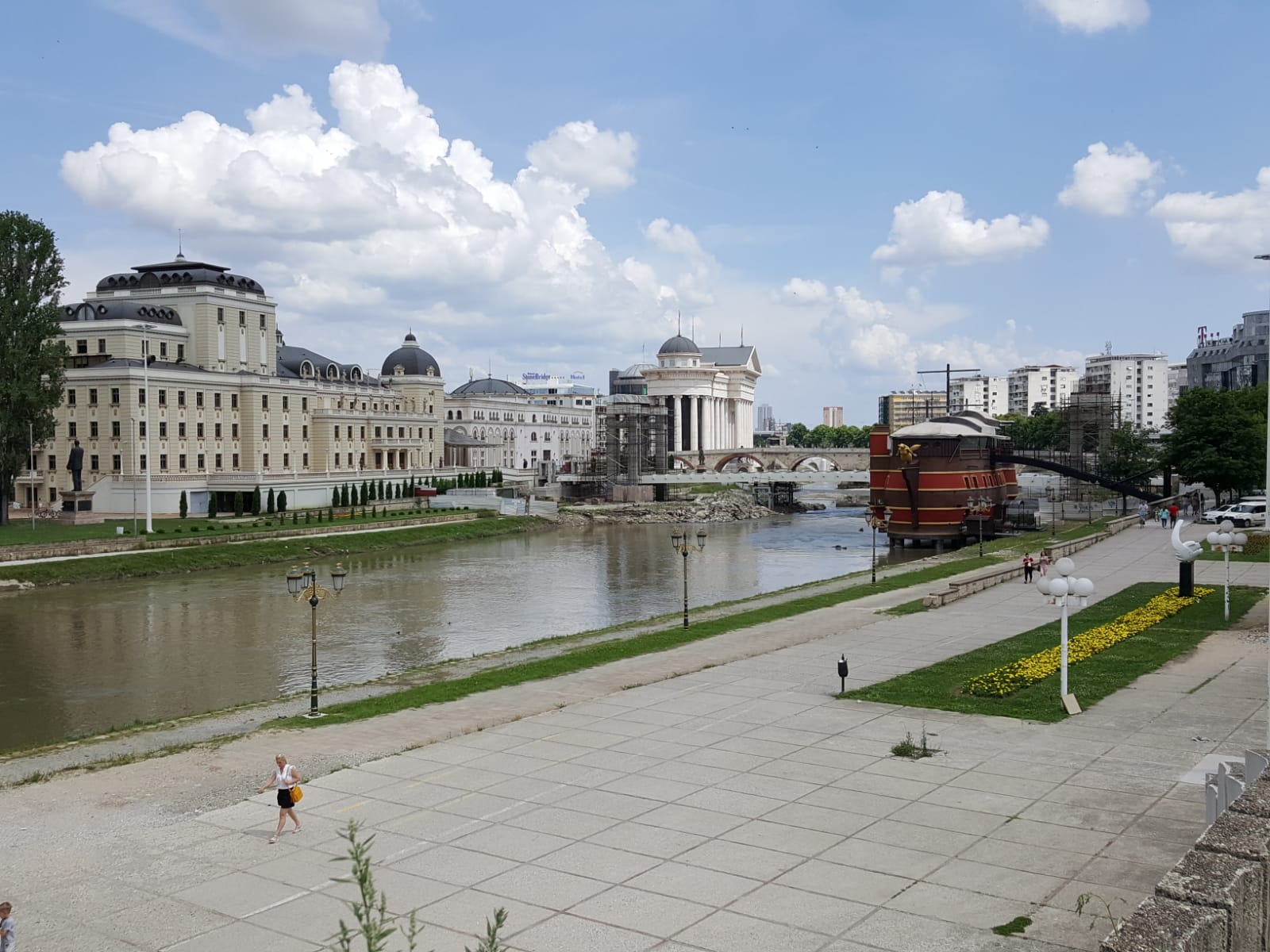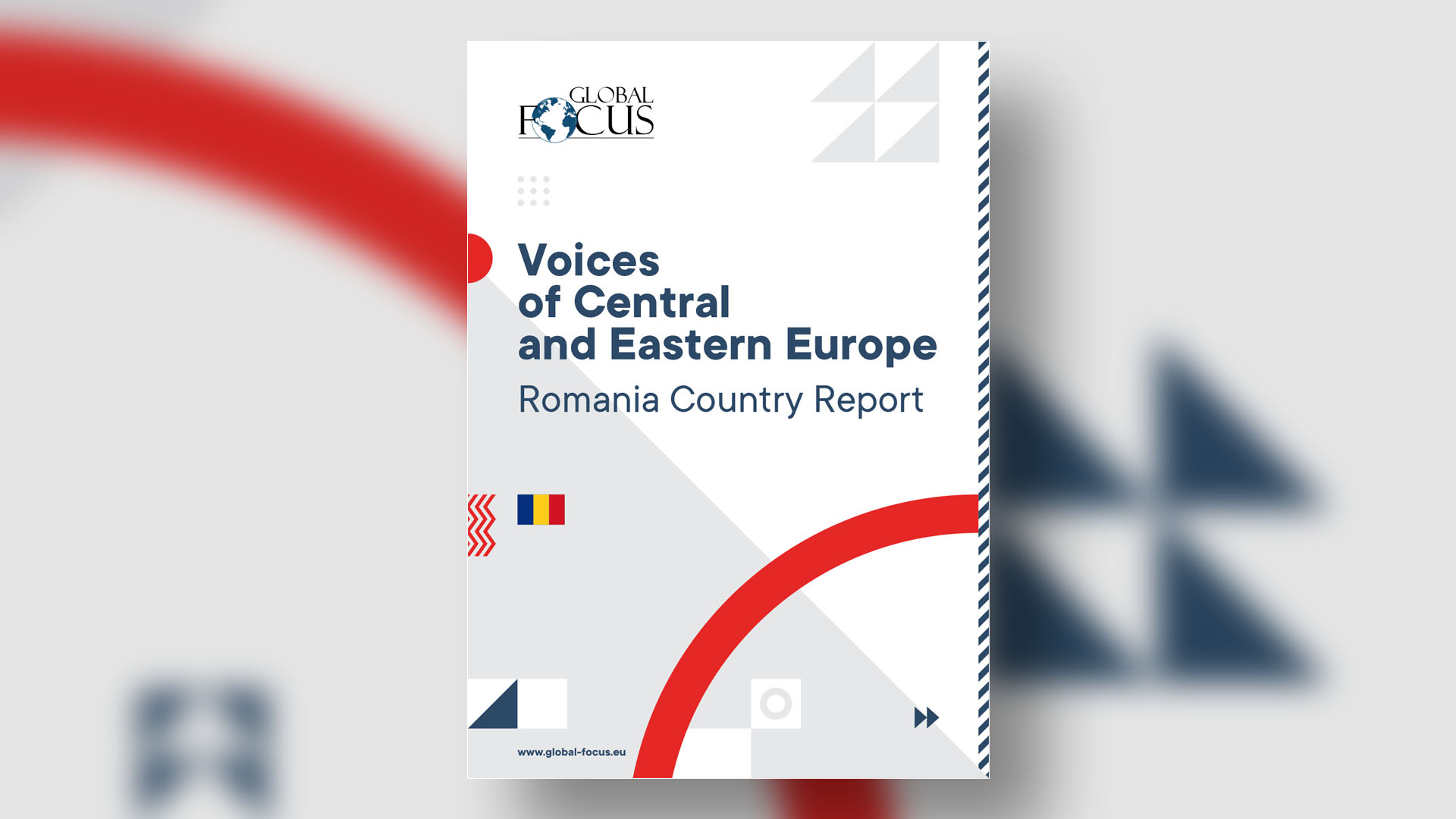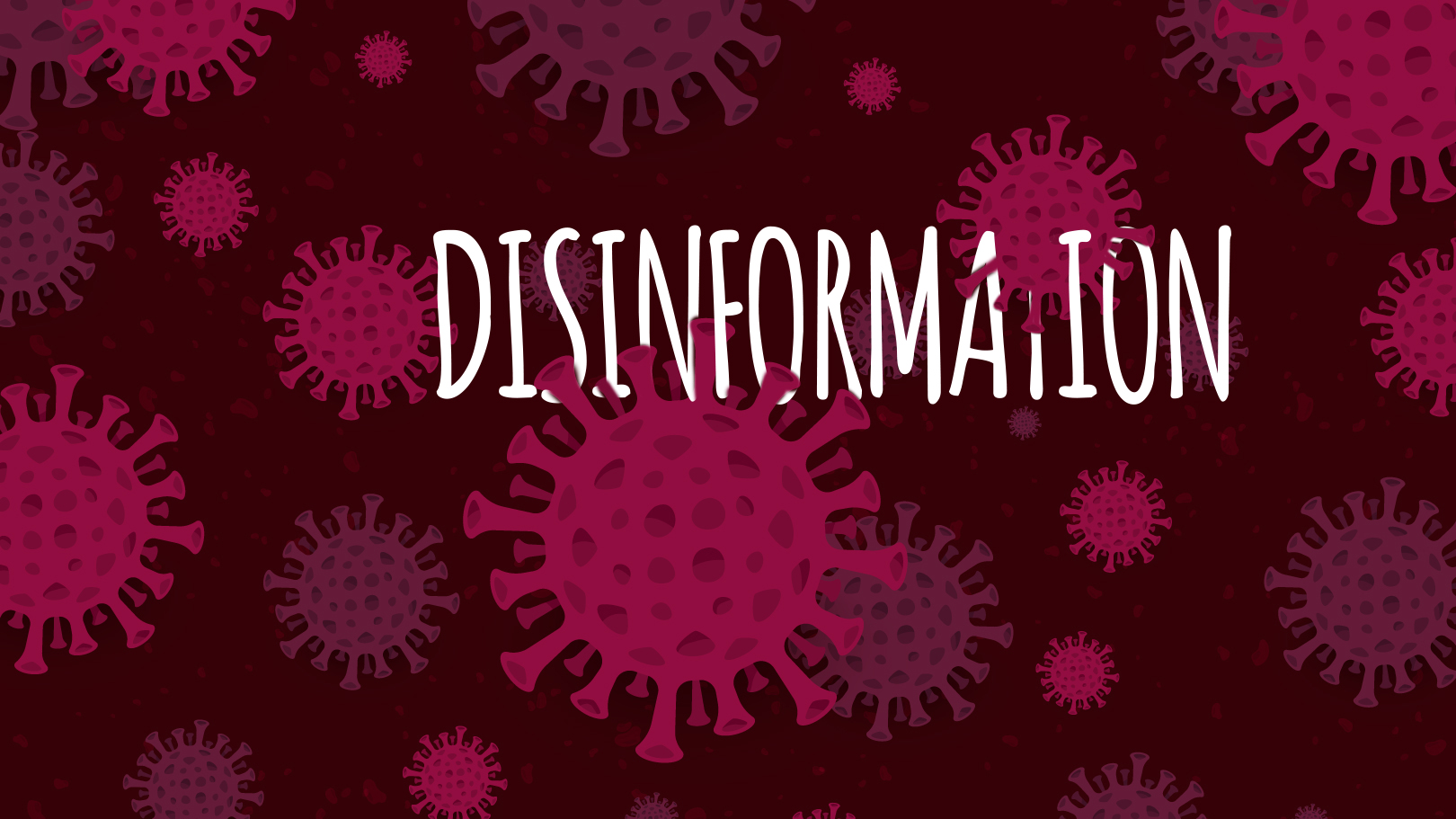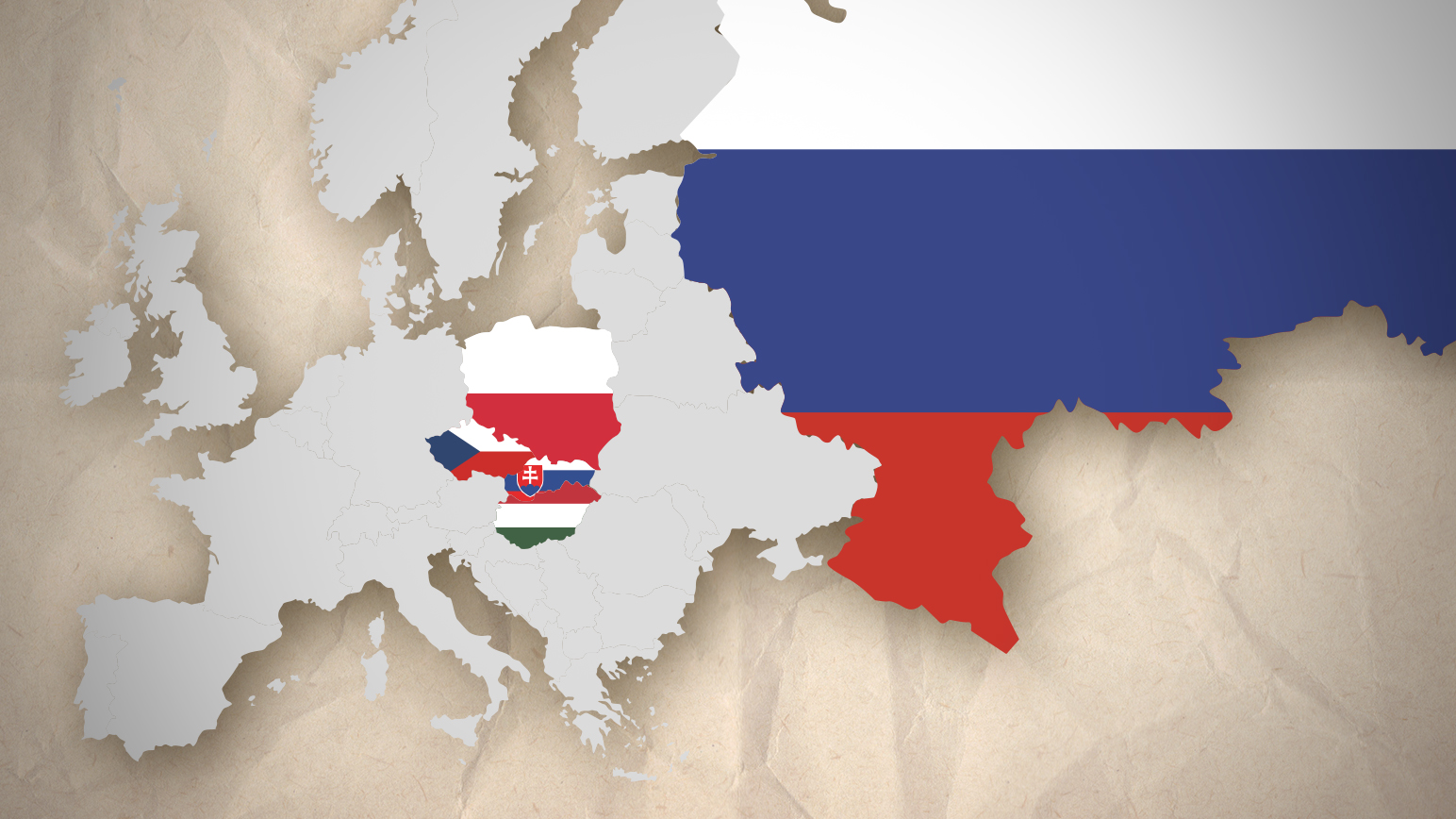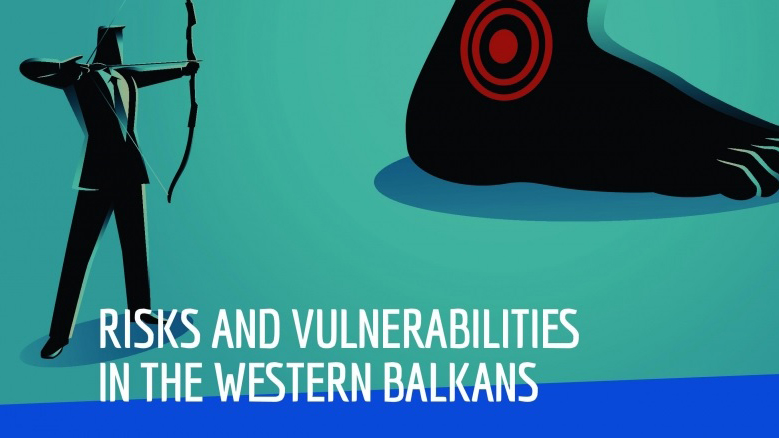The coronavirus pandemic deepens vulnerabilities of the Western Balkan countries and exposes the weakness of state institutions in the region, especially in the health sector and with regards to social protection. At the same time, and related to the rather limited effectiveness of the EU enlargement process over the past years, the implementation of reforms has stagnated and some countries even experienced concerning regressions of the rule of law.
On behalf of the WB2EU network co-funded by the European Commission under its Erasmus+ Jean Monnet programme (www.wb2eu.eu)


